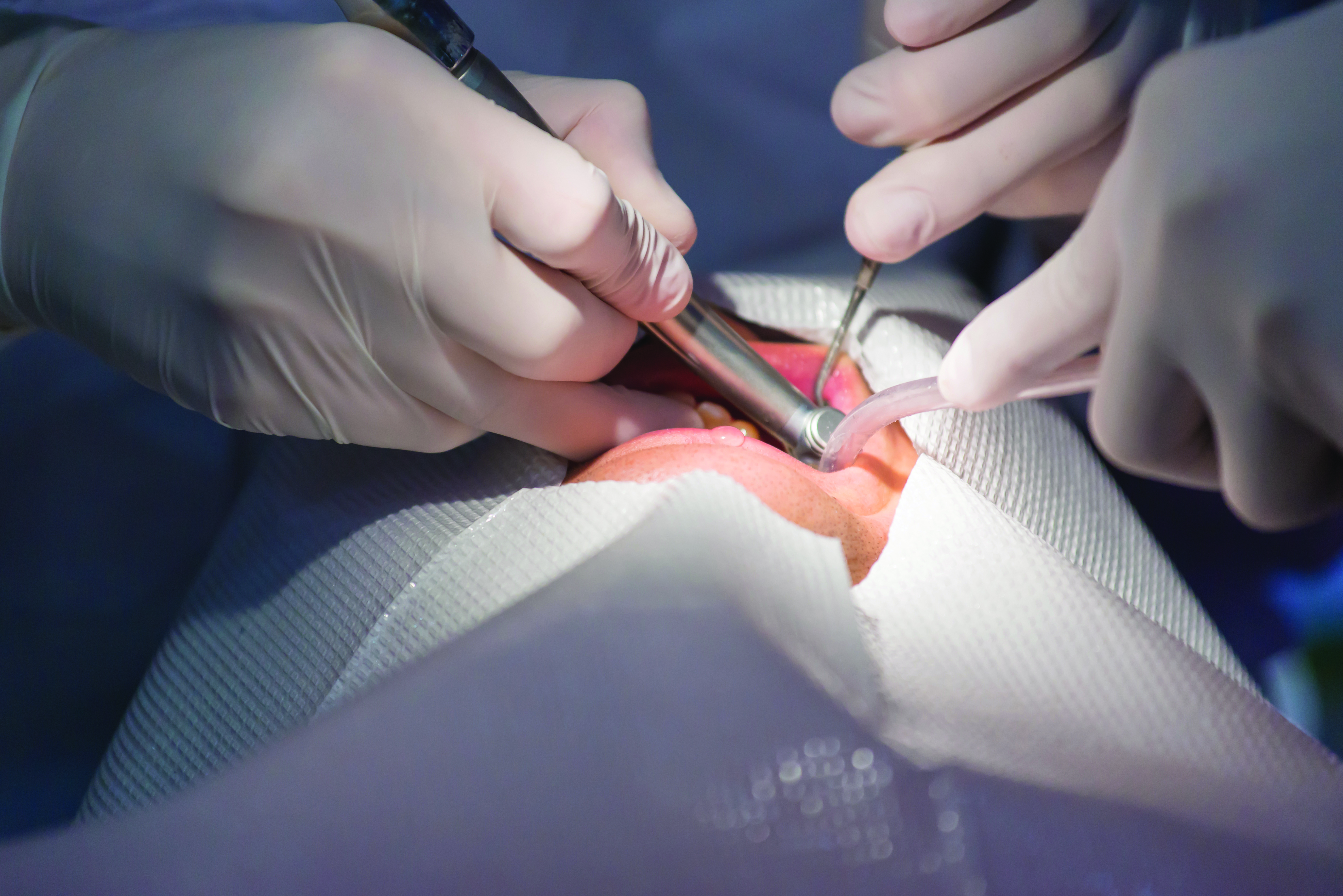
Part I: Why Dental Follow Up Is Important
A dental follow up is an appointment with a dentist following a dental procedure. The goal is to ensure that the treatment was successful and that no complications have occurred.
Who Should Undergo and what are the Expected Results?
A dental follow-up makes up the final part of a dental treatment plan. During this visit, the dentist will evaluate the results of the recent dental procedure to determine whether the goals of the
treatment were successfully met.
During the consultation, the dentist will:
- Check the patient’s recovery.
- Ensure that the treatment went as planned and yielded successful results.
- Check for signs of complications and perform treatment, if necessary.
- Make the necessary adjustments depending on the procedure performed.
- Give patients a chance to ask any questions or voice out any complaints they may have with regards to their recent procedure.Dental procedures that require a dental follow-up include:
- Dental implant placement
- Orthodontics
- Gum surgery
- Dentures
- Oral surgery such as wisdom tooth extraction / root canal treatment
If the dentist is satisfied with the outcome of the treatment, no other follow-up visits or procedures will be scheduled.
How Does the Procedure Work?
A dental follow up is usually scheduled a couple of weeks after a dental procedure so there would be enough time for the swelling to subside, gums to heal, and the treated teeth or implants to settle in. This is performed to check for any complications that can result in potentially lasting damage to the patient’s teeth.
During the checkup, the dentist will check the treated teeth to evaluate how the affected area has healed and how the treatment has worked so far. He will compare the actual results with the goals outlined in the treatment plan. He will also look for signs of a potential problem, such as:
- Swelling
- Redness
- Bleeding
- Infection
- Persistent pain
- Recurrent pain
Possible Risks and Complications
If no complications are found, a dental follow-up simply comprises of a physical examination of the treated area or the repaired tooth. Thus, the visit itself is safe, painless, and poses no risks and complications to the patient. When properly scheduled and successfully implemented, a dental follow-up can protect patients from the risks and complications commonly associated with unsuccessful dental procedures.
Introduction to dental check-ups
Even though many of us might think that our teeth are in good shape, regular visits to the family dentist are very important. Regular care and prevention of diseases in the mouth are the best possible care you can give your teeth. Tackling problems early on will save a lot of bother in the long run – it might save your tooth from an extraction or root canal treatment. It is important to visit your dentist at least once, but ideally twice, a year to get your teeth checked and cleaned.
Some non-dental conditions have symptoms that appear in the mouth. A dental examination can reveal signs of vitamin and iron deficiencies, osteoporosis ,or more serious conditions such as diabetes, cancer , HIV and glandular fever to name but a few.
